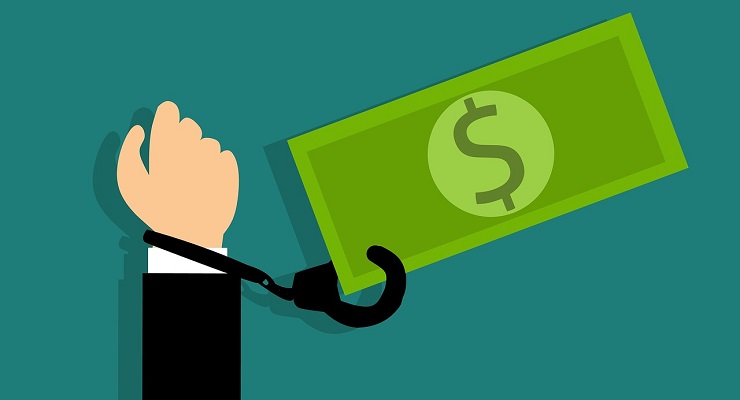
This interesting article by Gary Kalman and Josh Rudolph is published by Foreign Policy:
Gone are the days when crooked politicians took their bribes in suitcases full of cash and drug cartels buried fortunes on farmlands. Hostile kleptocrats and criminal networks are now digitally entrenched in the U.S. financial system. Take the example of Kremlin-connected billionaire Suleiman Kerimov, whom the United States sanctioned for playing a “key role in advancing Russia’s malign activities.” To secretly fund a top donor to the British Conservative Party, he used Deutsche Bank’s New York branch to route $8 million to London through a shell company in the British Virgin Islands. And when the alleged narcoterrorists who rule Venezuela want to bribe judges, buy machine guns, or flood the United States with cocaine, their dirty money flows through South Florida banks and real estate.
Authoritarians who see themselves as waging war against the United States but unable to compete economically or militarily have taken to weaponizing the corruption that is endemic to their political systems, choosing the realm of finance and investment as their geopolitical battlefield of choice. But that strategy also has an Achilles’ heel, because it means the proceeds of kleptocracy and corruption are sitting within reach of U.S. financial authorities. Moreover, the United States already has the basic tools to conduct reconnaissance on an adversary’s financial position, including a private sector that reports suspicious financial activity to law enforcement. But to truly activate these defenses against financial attacks, Congress should significantly hike the budget of a potentially mighty but severely underfunded and understaffed bureau operating on outdated technology in a Virginia office building affectionately known as the “toilet bowl.”
Read the full story here.
Leave a Reply